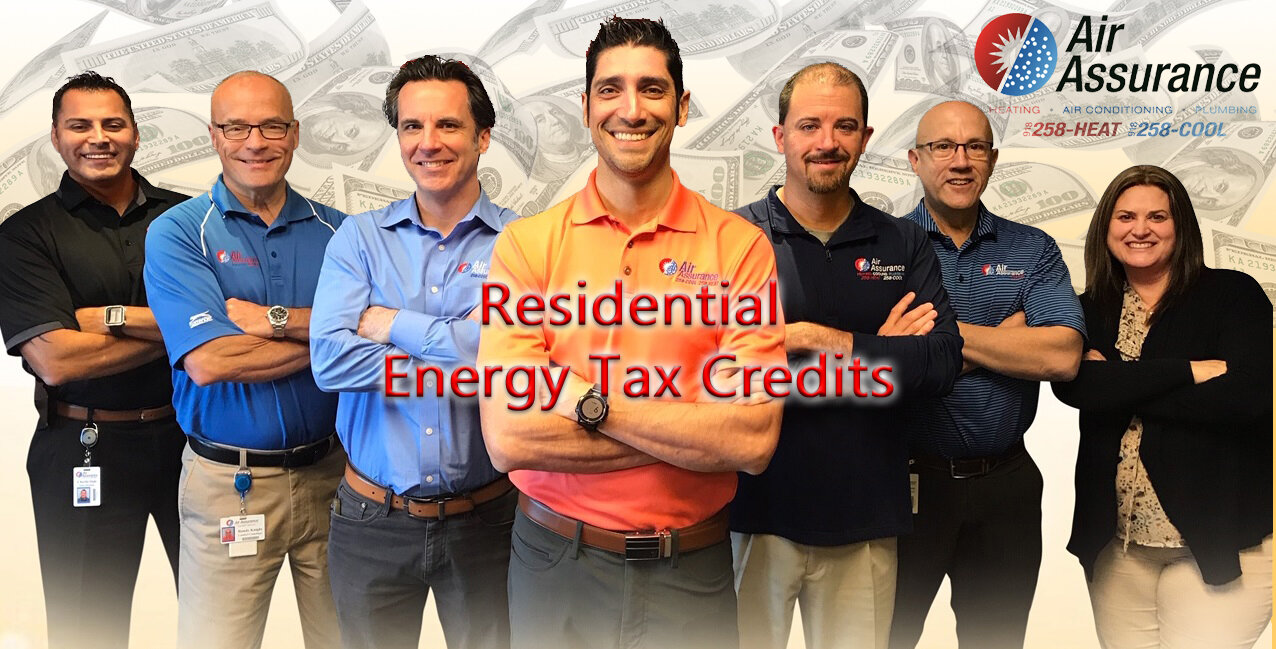If you're considering replacing the heating or cooling equipment in your Broken Arrow home, you may be able to take advantage of federal tax credits when you choose energy efficient models. A knowledgeable local HVAC contractor can give you personalized advice about the specific equipment and efficiency level to best suit your needs and budget that might qualify you for extra savings like:
Tax Credits on Solar Energy Through 2021
Having a solar-ready heat pump or air conditioner installed in your home before December 31, 2021 may qualify you for a federal tax credit of up to nine percent of the equipment's cost. There's also an additional credit available on the solar module used to generate electricity for your new HVAC components:
Until the end of 2019, the credit is thirty percent of the module cost and installation, with no dollar limit.
In 2020, the available credit will be reduced to 26 percent, and for 2021 it drops to 22 percent.
The credits are available for equipment installations in existing and newly-constructed homes that are either principal or second residences (rental property doesn't qualify).
Tax Credits on Efficiency Improvements Through 2020
In December 2019, Congress passed legislation that renewed the tax credits for 2020 and made them retroactive back to 2018. For qualified HVAC improvements, homeowners may be eligible to claim the federal tax credits equal to 10% of the installed costs; a maximum tax credit of $500.
If you purchased a system from Air Assurance in the past, or are thinking of purchasing another system from us in the recent future, you could be qualified for up to $500 in additional savings in the form of tax credits for 2018, 2019, and 2020! The tax credit is retroactive.
Of course, we’re not tax professionals, so be sure to consult your tax advisor before filing your taxes. We just don’t want you to leave any money on the table!
Here is a website for you to see for yourself: Read About 2020 Tax Credits
For updated information from the IRS, you can visit their recently released information.
If you purchased a 95%+ AFUE Furnace, 16 SEER or above AC unit, 15 SEER or above Heat Pump, 14 SEER or above Package unit, or a tankless water heating system, or many other energy efficient home enhancements, you could qualify for an additional $500 off your taxes!
Prior Tax-Savings on Energy Efficient HVAC Equipment
Through December 31, 2016, the federal government offered tax credits for different types of high-efficiency HVAC systems. They applied to Energy Star-qualified equipment installed in an existing home/principal residence, and the amount varied depending on the equipment type:
Central air conditioners, packaged units, heat pumps and ductless mini-split systems qualified for a credit of up to $300.
Propane, natural gas and oil furnaces and boilers qualified for a tax savings of up to $150.
Geothermal heat pumps qualified for a credit of 30 percent of the cost, with no upper limit.
While the above-mentioned tax-saving credits have expired, they could be reinstated at some point in the future, so it's worthwhile checking for available credit updates on the federal government's Energy Star program website.
If you're thinking about upgrading to new energy-efficient HVAC equipment for your Broken Arrow home and you'd like to explore your options or learn whether there are tax credits available, contact us at Air Assurance.
Our goal is to help educate our customers in the Tulsa and Broken Arrow, Oklahoma area about energy and home comfort issues (specific to HVAC systems). For more information about HVAC upgrades and other HVAC topics, call us at 918-217-8273. Credit/Copyright Attribution: “stevepb/Pixabay”





